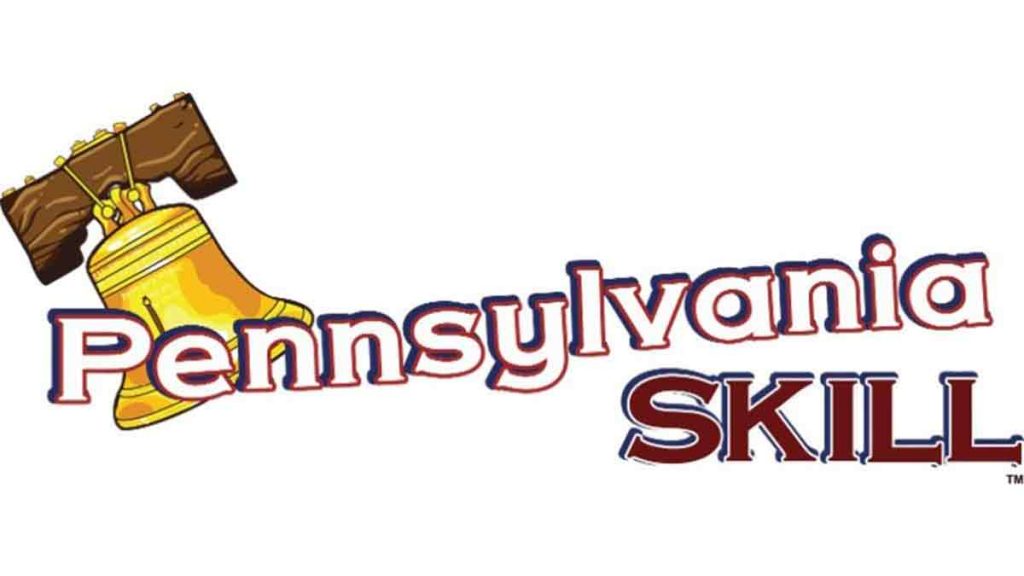Pennsylvania’s thriving skill games market is once again in the spotlight as lawmakers, operators, and small business owners debate the future of the unregulated gaming sector. The introduction of Senate Bill 626 (SB 626) could finally bring structure to an industry that has operated in a legal gray zone for years. As expected, it was not without controversy.
Lawmakers Gene Yaw and Elder Vogel have introduced SB 626 to establish a licensing and taxation framework for these machines. The bill proposes a 16% tax rate on gross gaming revenue, with proceeds directed to state and local governments. It also outlines a structured revenue-sharing system, proposing a 40/40/20 split among hosts, operators, and distributors.
To maintain balance across the market, the bill limits each location to two machines per 500 sq. ft. (up to a five-terminal maximum) and introduces tiered license fees:
- Hosts (bars, retailers, nonprofits) pay a $250 annual hosting fee
- Operators pay $25,000 for initial licensing and $5,000 annually
- Distributors, including major players like Pace-O-Matic and Miele Manufacturing, pay $1 million upfront and $100,000 annually
The Justification and Reactions
At the Hershey rally, most stakeholders agreed that a 15% to 20% tax rate would be fair. This figure is conveniently consistent with SB 626’s 16% proposal. Supporters say this middle ground would generate significant revenue for the state while keeping local businesses and veterans’ organizations viable.
Operators and small business owners have voiced concern that overregulation could devastate the skill game ecosystem. Willie Shay, owner of Shay’s Vending, said higher taxes could overtax and overregulate the sector, hurting nonprofits and driving small businesses out of the market.
According to Senator Yaw, his visit to Miele Manufacturing highlighted how deeply skill games are tied to Pennsylvania’s local economies. He argued that regulation would provide legal clarity, consumer protection, and a steady flow of new state revenue. Still, some other hurdles will need to be given due consideration in the process.
While SB 626 proposes a modest 16% tax, Governor Josh Shapiro has pushed for a much steeper rate. His February budget proposal suggested taxing skill games at 42%, aligning them more closely with Pennsylvania’s existing gaming taxes. 54% would apply for casino slots and 34% for lottery games.
The governor argued that a higher levy would safeguard existing gaming revenues and create fresh funding streams for education, infrastructure, and senior programs. He also warned that unregulated, low-taxed machines could threaten the lottery’s contributions to these essential services.
